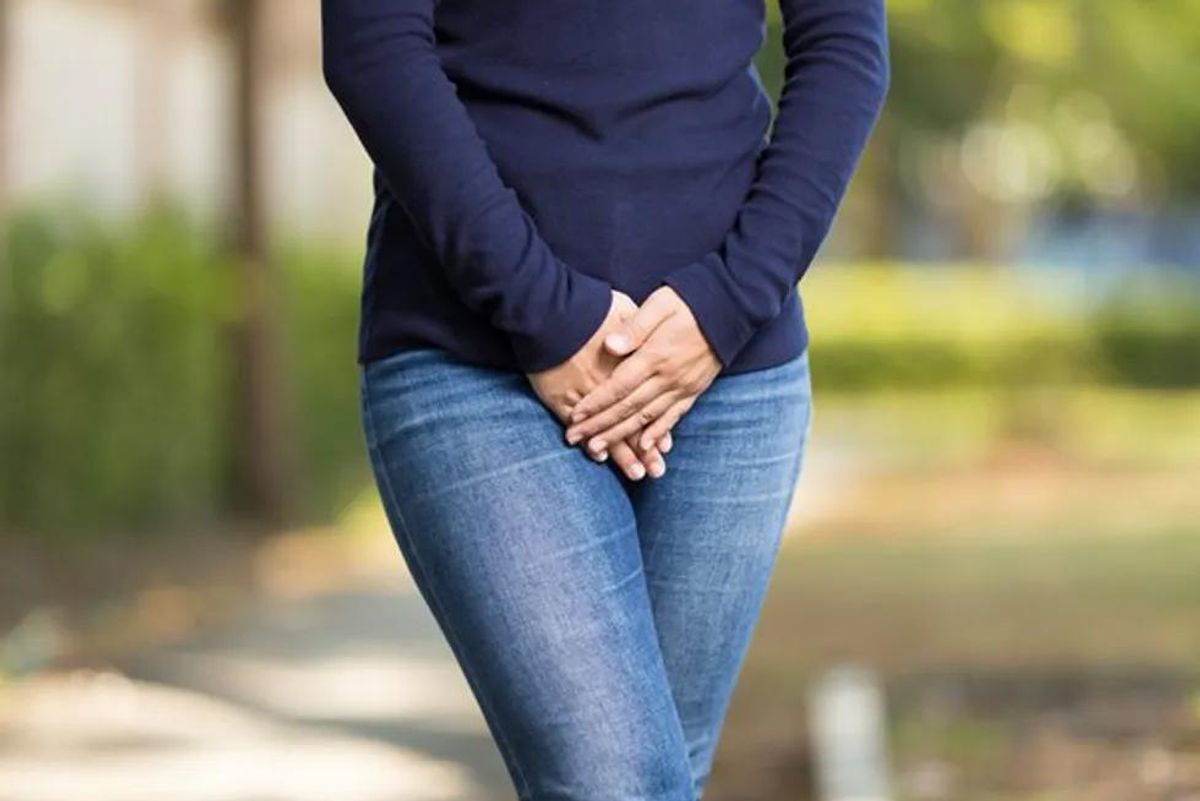
Signs You May Have a Bladder Issue
November is Bladder Health Awareness Month and an opportunity to explore bladder issues. Find out what's normal and what's not.
Nov 14, 2016
Jul 08, 2024
Urologic Conditions & Diseases
Beth brings a unique combination of sharp business expertise and women's health insight to her leadership of the organization. Beth has worked in the health care industry for more than 25 years helping to define and drive public education programs on a broad range of women's health issues. She launched and has expanded the HealthyWomen.org brand. As a result of her leadership, HealthyWomen was recognized as one of the top 100 women's health web sites by Forbes for three consecutive years, and was recognized by Oprah magazine as one of the top women's health web sites. HealthyWomen now connects to millions of women across the country through its wide program distribution and innovative use of technology.
Beth is responsible for the business development and strategic positioning of HealthyWomen. She creates partnerships with key health care professionals and consumer groups to provide strategic, engaging and informative award-winning programs. She serves as the organization's chief spokesperson, regularly participating in corporate, non-profit, community and media events. She also is a practicing nurse in maternal child health at Riverview Medical Center- Hackensack Meridian Health, in Red Bank, NJ.
In addition to her nursing degree, Beth holds degrees in political science, business and public administration from Marymount University.
To stay sane, she loves to run and compete in road races. She enjoys skiing and sailing with her husband and young son, and welcoming new babies into the world.
Full BioLearn about our editorial policies

You are likely busy thinking all about the upcoming holiday celebrations. Cooking, eating, friends, families—it's an exciting and busy time for many of us.
But are you taking the time to think about your bladder?
Probably not. Most people don't—until they have a problem. But this month is a good time to think about that pear-sized sac in your pelvis that stores your urine.
November is Bladder Health Awareness Month and an opportunity to explore bladder issues. What's normal and what's not? What should you look out for? What are the signs of trouble?
A normal bladder can hold up to two cups of urine. That sounds like a lot, yet why do some people run to the bathroom more often than others? That depends on how quickly your kidneys work to produce the urine that fills your bladder. It also depends on how much liquid and food you consume, certain medical conditions and medications and your age (children typically produce less urine than adults).
And it depends on other things, too. There are many common conditions that can affect your bladder. For example:
It may be cystitis if you have:
It may be urinary incontinence if you have:
It may be bladder stones if you have:
It may be overactive bladder if you have:
It may be bladder cancer if you have:
It's important to know that bladder issues can be treated. Don't be embarrassed to talk with your health care professional if you're concerned that there may be a problem. You're hardly alone: Many women (and of course men, too) experience bladder issues at some point in their lives.
And keep in mind that there are some foods and beverage that can irritate a sensitive bladder—among them alcohol, caffeine, pineapple, apples, plums, lemon juice, sour cream and strawberries. Click here for a complete list.
Enjoy this Thanksgiving recipe for stuffing, compliments of the Urology Care Foundation, perfect for even the most sensitive of bladders.